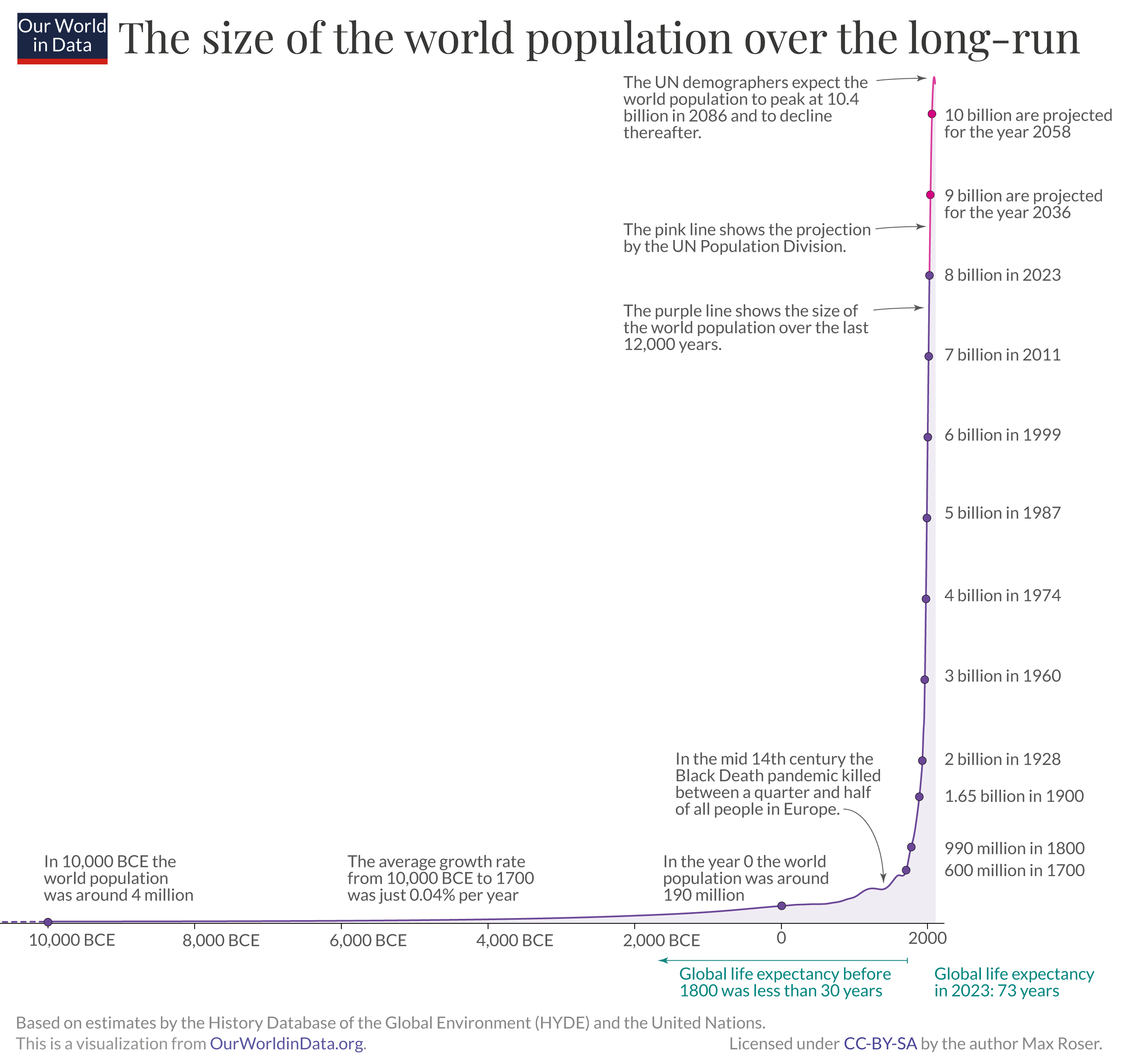vegpedlr
Level 6 Valued Member
It's more of a hypothetical scenario. But if we did, within a couple of years, the livestock would be gone, able land would now be in excess, so soil could be rested, regenerated, and used for directly feeding humans. Reforestation could begin. Wildlife habitat could be restored. In areas of the American West that were used for grazing but have been restored the difference is amazing. What was once barren and desert like turns back into healthy, natural landscape in a few years.
Climate change is about more than carbon. The emissions from livestock have a much more powerful greenhouse effect than carbon, but are also more short lived. Changing our food supply would have a quick and dramatic effect.
Changing the eating habits of a significant proportion of the world's population away from animal based to diets to plant based is like trying to steer the Titanic away from that iceberg. Based on my experience of the resistance people have, I'm very pessimistic that anything will change until we are truly forced too.
Climate change is about more than carbon. The emissions from livestock have a much more powerful greenhouse effect than carbon, but are also more short lived. Changing our food supply would have a quick and dramatic effect.
Changing the eating habits of a significant proportion of the world's population away from animal based to diets to plant based is like trying to steer the Titanic away from that iceberg. Based on my experience of the resistance people have, I'm very pessimistic that anything will change until we are truly forced too.

